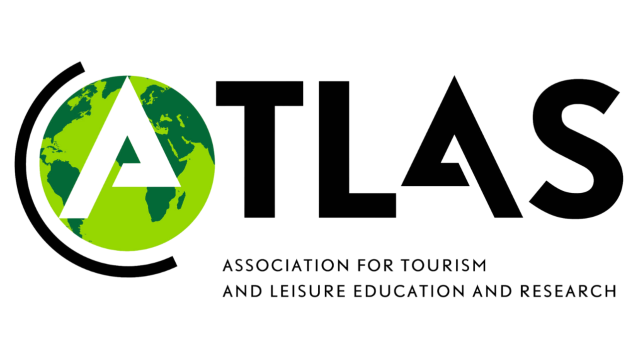Artificial Intelligence and Tourism
ATLAS Special Interest Group
Artificial Intelligence and Tourism
The coordinator for this Special Interest Group is:
Miju Choi – Gangneung-Wonju National University, South Korea
Context
Artificial intelligence (AI) has permeated numerous sectors, including the tourism industry. AI-powered technologies such as big data, blockchain, and AI language models like ChatGPT are increasingly integrated into the tourism landscape. These technologies have the potential to transform tourism-related operations and experiences by offering personalised services, increasing efficiency, and providing insightful data for decision-making. Big data offer insights into tourist behaviour, enabling tourism providers to anticipate trends and tailor their services accordingly. AI algorithms can analyse this data to produce personalised recommendations and targeted marketing, enhancing customer satisfaction and augmenting revenue. More recently, AI language models (e.g., ChatGPT) have revolutionised customer service and interaction in the tourism sector, providing 24/7 customer service, personalised recommendations, and multi-language interaction, enhancing the customer experience and reducing operational costs.
However, the increased reliance on AI and related technologies also presents significant challenges. These include the potential loss of jobs to automation, threats to privacy and data security, and the risk of AI exacerbating inequality by benefiting tech-savvy tourists and providers to the detriment of those less able to adopt or access these technologies. There are also ethical considerations surrounding AI’s decision-making processes and the potential lack of transparency, often referred to as the “black box” problem. Furthermore, AI’s advent challenges traditional pedagogical approaches in tourism education. It necessitates the inclusion of technical and ethical aspects of AI (e.g., AI language models such as ChatGPT) in the curriculum, requiring a multidisciplinary perspective. The proposed SIG can act as a platform for educators to share experiences, strategies, and challenges in incorporating AI into their teaching practices, facilitating a collective advancement of pedagogy.
Despite the tourism industry and education grappling with the implementation of AI and its ramifications, there is a noticeable absence of comprehensive, interdisciplinary academic exploration into these technologies’ full potential, ethical implications, and transformative power in the tourism industry and education. Hence, there is an urgent need to establish a SIG on ‘Artificial Intelligence and Tourism’. This SIG would facilitate systematic exploration and academic discourse around these technologies, fostering collaborative research, knowledge exchange, and thought leadership in this critical area. In doing so, it would make a significant contribution to academic literature while providing valuable insights to the tourism industry, policymakers, and educators alike.
The SIG welcomes a variety of topics from tourist, brand, societal, and technological, and educational perspectives (but not limited to):
- Emerging AI technologies and their potential in reshaping tourism
- The impact of AI on tourist decision-making
- The role of AI in enhancing personalised tourist experiences
- Tourist attitudes and trust towards AI applications in tourism
- AI and brand differentiation in the tourism industry
- The use of AI in customer relationship management in tourism
- Job displacement in the tourism industry: The AI challenge
- AI, tourism, and sustainable development goals: A critical analysis
- The impact of AI-driven tourism on local communities
- Mental health issues associated with the use of AI
- AI-driven prediction and decision-making in tourism
- Challenges and solutions in integrating AI in tourism operations
- Ethical considerations in using AI for tourism education
- Data privacy and the ethical use of AI
Aims and objectives
The principal aim of this SIG is to establish a dynamic platform for the comprehensive study and exploration of AI within the context of the tourism industry and education. The specific objectives include:
- Facilitating knowledge exchange and collaborative research on AI and tourism among scholars, industry professionals, other SIGs (e.g., tourism education and business tourism) and technology developers in the field.
- Critically analysing the potential, application, and implications of AI in the tourism industry and education.
- Nurturing new researchers (including PhD students), facilitating collaborations, and contributing to the development of curricula that address the intersection of AI and tourism.
- Advising on ethical considerations and responsible use of AI in the tourism industry and education.
- Leading to academic output through organising seminars, webinars, conferences, and coordinating special issues in academic journals or edited volumes.
- Supporting researchers in forming consortia for international funding applications.
If you want to contact the SIG coordinator, please fill in the form HERE
If you want to join this SIG, please fill in the form HEREng
